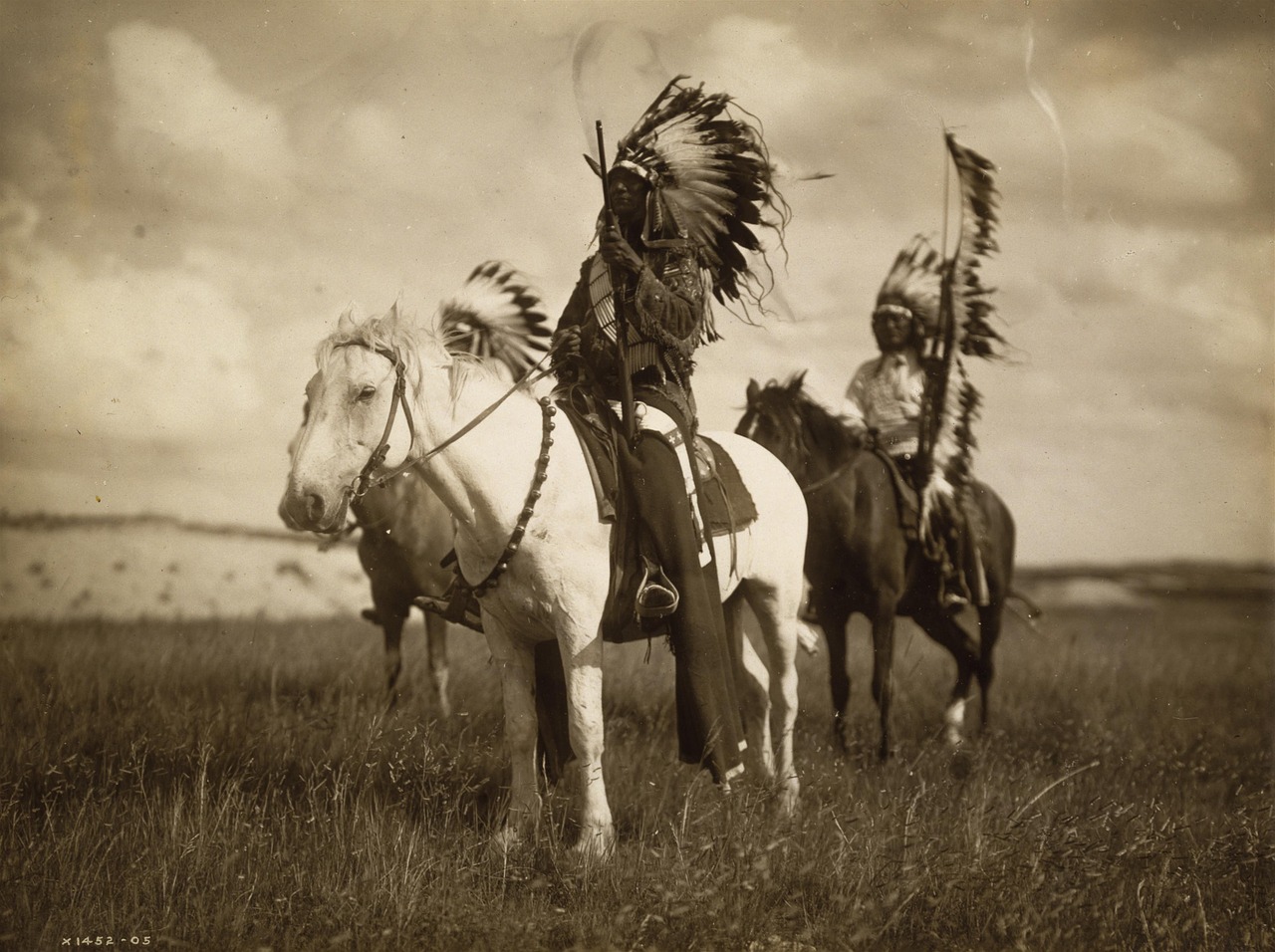The Wounded Knee Massacre and the Battle of Little Bighorn left traumatic scars on the relationship between Native Americans and the United States government over a century ago, yet here in 2019, President Trump is still managing to make genocide the punchline of his “jokes.” It is safe to say that no one is laughing.
Trump debuted his offensive comment on Jan. 13 in response to a question-and-answer video Sen. Elizabeth Warren posted on Instagram Live a few weeks prior. Warren, who announced her run for the presidency at the end of December, has been subjected to Trump’s attacks because of her controversial claim of having Native-American ancestry.
In her video, Warren — who Trump frequently refers to as “Pocahontas” — hangs out in her kitchen and briefly chats with her husband. The president’s response put his true-to-form racism on full display, tweeting that if Warren “did this commercial from Bighorn or Wounded Knee instead of her kitchen, with her husband dressed in full Indian garb, it would have been a smash!”
Naturally, Trump received widespread backlash for his remarks, particularly from Native Americans. Writer and lawyer Ruth H. Hopkins wrote on Twitter, “+300 of my people were massacred at Wounded Knee. Most were women and children. This isn’t funny, it’s cold, callous, and just plain racist.”
Later in an interview with The New York Times, she added, “It happened in 1890; it’s not so far removed. Those killed are peoples’ grandparents and great-grandparents. It’s further compounded by the fact that the soldiers who murdered Lakota at Wounded Knee received medals of honor for it and those medals have never been rescinded.”
Massive historical traumas, like the Wounded Knee Massacre, have not vanished from history or from the memories of Native-American people. Storm Reyes, who lives on a reservation in Washington State, said, “As a Native, Trump’s tweet was equivalent to making a ‘joke’ about 9/11, Pearl Harbor or the Holocaust.”
The president of the National Congress of American Indians, Jefferson Keel, released a statement following Trump’s tweet denouncing his cruel joke. “We condemn in the strongest possible terms the casual and callous use of these events as part of a political attack. Hundreds of Lakota, Cheyenne, and Arapaho people lost their lives at the hands of the invading U.S. Army during these events, and their memories should not be desecrated as a rhetorical punch line.”
For those who don’t know, the Wounded Knee Massacre is remembered as one of the most fatal attacks on Native-American people by the United States Military. On Dec. 29, 1890, hundreds of Sioux men, women and children were murdered on the Pine Ridge Indian Reservation in South Dakota.
Four-hundred and seventy U.S. soldiers stopped a group of Chief Big Foot’s Sioux, who were searching for refuge across the plains. The Sioux were led by the soldiers to Wounded Knee Creek when the soldiers, after an order by U.S. commander Col. James W. Forsyth, suddenly began shooting them down. In response, at least 20 soldiers were awarded the Medal of Honor, and although Congress apologized for the massacre 100 years later, they never rescinded any of the medals or provided reparations to the descendants of the victims.
Trump’s comments only serve to create an even deeper rift in the relationship between the Native Americans and the U.S. government. Though they suffered from centuries of mass-killings, disease, cultural devastation, stolen land, racism, forced assimilation and more, Native Americans — of which there are more than 5 million in the U.S. — still face immense challenges.
Statistically speaking, Native Americans have higher poverty, suicide and unemployment rates compared to other Americans. In fact, in a 2014 Pew Research Report, it was revealed that one in four Native Americans are living in poverty, something former president Barack Obama called, “a moral call to action.”
The Centers for Disease Control and Prevention also reported that suicide rates among Native Americans are disproportionately higher than any other racial or ethnic group. Discussions surrounding the troubling statistics weigh in on the consequences of historical trauma, mental health stigmas, language barriers in education and substance abuse.
On a more topical level, it seems that people tend to negate racism when it comes to Native Americans. Historically, Americans have used a white-washed narrative of Native Americans to create stereotypical mascots, sell Halloween costumes and advertise products — Land O’Lakes Butter, anyone? — something Mark Trahant highlighted in an article for National Geographic.
“A president can slur a woman with ‘Pocahontas,’ and it’s not career ending. When my son played high school football, I would cringe when his team played a team called the Indians, knowing that ordinary, good people would chant silly, made-up songs and wear cartoonish paint and feathers,” writes Trahant, adding, “It’s beyond imagination that such disrespect would be shown to any other group.”
And Trahant has a point, a point that raises a lot of questions. How is the extensive cultural appropriation of Native Americans any different than wearing blackface? Are Trump’s mocking comments any different than joking about the Holocaust? Perhaps much of the apathy surrounding racism toward indigenous people comes from their more-or-less erasure from basic American history. Do most high school students know about the Wounded Knee Massacre? It’s certainly questionable. I know I, for one, never covered it.
Even the response to Sen. Warren’s Native-American ancestry has been mixed. Although a DNA test in 2018 proved that Warren had an ancestor anywhere from six to 10 generations ago, some members of the Native-American community have been critical of Warren using the distant genetic link to claim a cultural bond.
Chuck Hoskin Jr. of the Cherokee Nation wrote, “Senator Warren is undermining tribal interests with her continued claims of tribal heritage.” However, others like Dennis Coker, the principal chief of Delaware’s Lenape Indian Tribe, are more supportive. “Someone who is proud of having that native ancestor — no matter what percentage or what degree it is — in my view, is a person I honor,” he said in October.
You may be wondering why the president is spending his time tweeting out inappropriate, racially insensitive jokes while in the midst of a record-breaking government shutdown and bombshell news regarding his relationship with Putin. The answer is unknown, though it’s likely the president is attempting to offset his most recent problems with a cruel “joke.” Trump is not one to shy away from incredibly racist Twitter-happy tirades, and this only adds to the list.
As awful as it is, hopefully the president’s offensive comments will work to fuel the conversation concerning Native-American history and what seems to have been left out of the country’s general understanding. Some things should never be forgotten, and Wounded Knee remains at the top of the list.
















